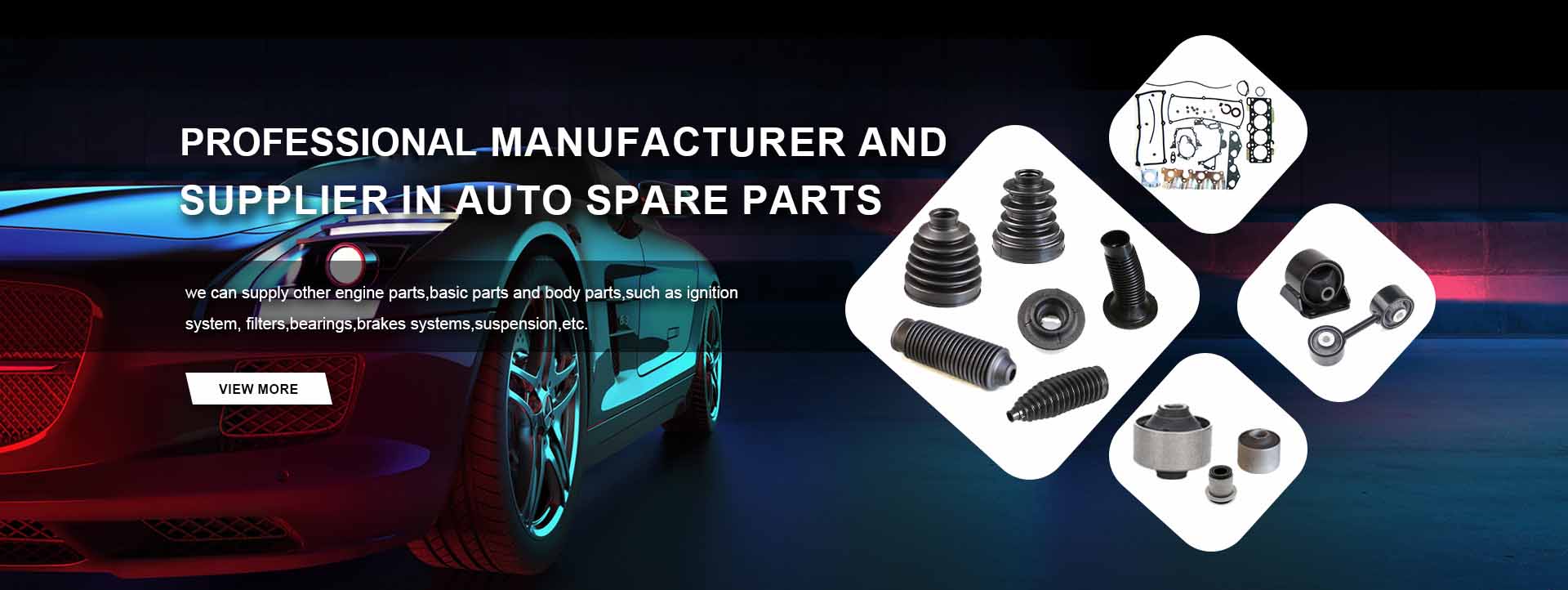9 月 . 01, 2024 01:18 Back to list
High-Quality Spring Oil Seals for Optimal Performance
The Significance of Spring Oil Seals in Mechanical Applications
In the realm of mechanical engineering and design, achieving optimal performance and reliability is paramount. One of the components that play a critical role in ensuring these attributes is the spring oil seal. This article explores the significance of spring oil seals, their construction, functionality, and applications across various industries.
What is a Spring Oil Seal?
A spring oil seal is a mechanical component designed to prevent the leakage of lubricants and fluids in rotating shafts. It consists of a sealing element, typically rubber or polymer, and a metal spring that exerts pressure against the sealing lip. This design ensures a tight fit against the shaft, creating a barrier that contains the lubricants while keeping contaminants at bay.
How Does a Spring Oil Seal Work?
The functionality of a spring oil seal hinges on its ability to maintain constant pressure against the shaft. When the shaft rotates, the sealing edge of the oil seal makes contact with its surface. The intrinsic elasticity of the sealing material, combined with the force applied by the spring, ensures that the seal remains in contact, even under varying operational conditions such as temperature fluctuations and shaft vibrations. This dynamic interaction mitigates the risk of fluid leakage, a common challenge in many mechanical systems.
Key Benefits of Spring Oil Seals
spring oil seal

1. Leak Prevention The primary benefit of a spring oil seal is its effectiveness in preventing fluid leaks, which can lead to system failures and increased maintenance costs. By providing a robust barrier, these seals contribute significantly to the longevity of machinery.
2. Versatile Applications Spring oil seals are used in various industries, including automotive, aerospace, manufacturing, and oil and gas. They can be found in engines, pumps, gearboxes, and other rotating equipment where fluid containment is essential.
3. Temperature and Chemical Resistance Depending on the material used for the sealing element, spring oil seals can withstand a wide range of temperatures and chemical exposures. This adaptability makes them suitable for demanding environments where other types of seals might fail.
4. Cost-Effectiveness While there are various sealing solutions available, spring oil seals offer an economical option without compromising reliability. Their simple design and ease of installation contribute to overall lower maintenance and replacement costs.
Conclusion
In conclusion, spring oil seals are vital components in ensuring the efficiency and longevity of mechanical systems. Their ability to contain fluids while resisting the ingress of contaminants is crucial for the smooth operation of machinery across multiple applications. As industries continue to advance, the role of spring oil seals will remain significant, driving innovations in design and materials to meet the evolving demands of modern engineering challenges. Whether in vehicles, industrial equipment, or consumer products, spring oil seals are a testament to the importance of effective sealing solutions in maintaining mechanical integrity.